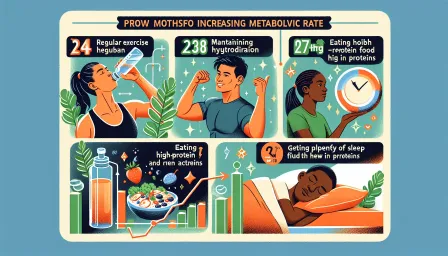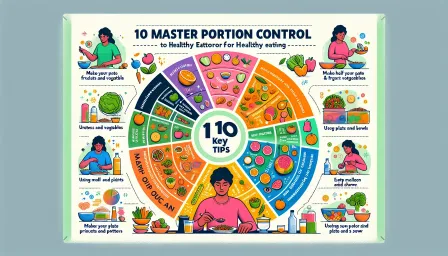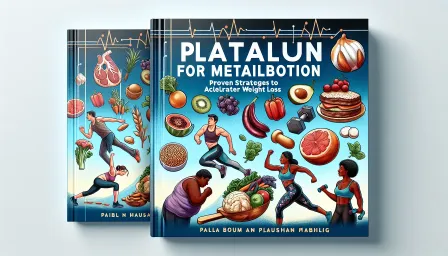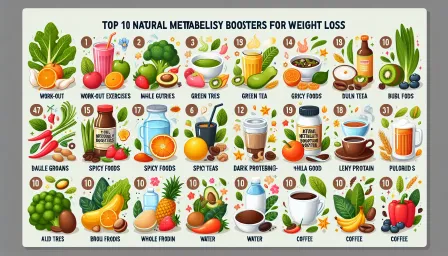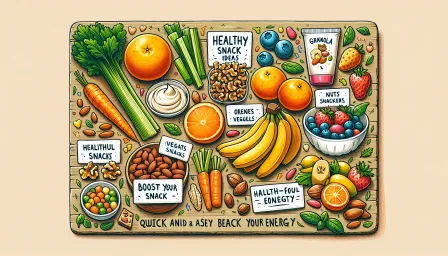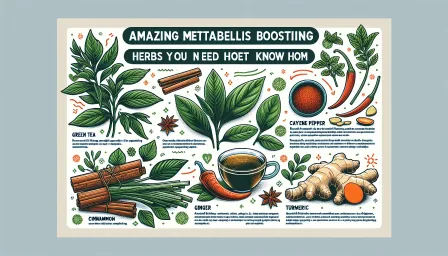High-Protein Diet for Teens: Boosting Health and Energy
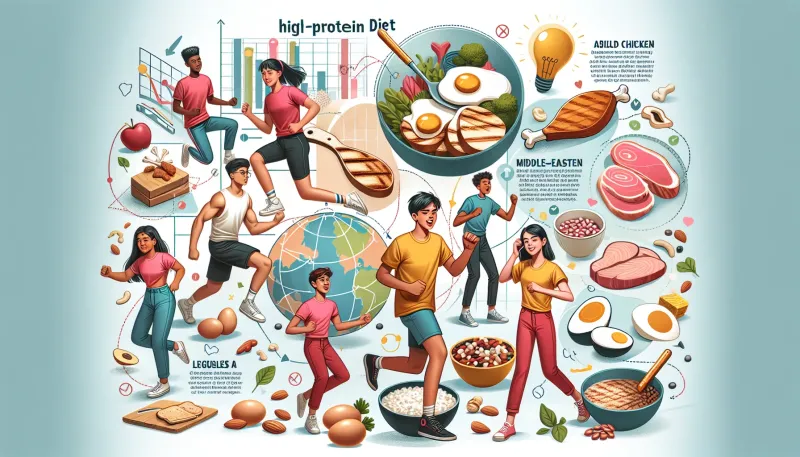
Discover the benefits of a high-protein diet for teens, including improved health, increased energy levels, and optimal physical development.
Adolescence is a crucial period for growth and development. Ensuring that teens receive the right nutrients is essential for their overall health and wellbeing. One such nutrient that plays a critical role is protein. In this article, we will explore the benefits of a high-protein diet for teens, discuss the various sources of protein, and provide practical tips for incorporating more protein into their daily meals.
The Importance of Protein for Teens
Protein is a macronutrient that is vital for the growth and repair of tissues in the body. For teens, this is especially important as they undergo rapid growth spurts, hormonal changes, and increased physical activity. A high-protein diet for teens helps support muscle development, bone health, and a strong immune system.
Benefits of a High-Protein Diet
1. Supports Muscle Growth and Repair
Protein is essential for building and repairing muscle tissues. Teens who engage in sports and other physical activities require adequate protein to maintain muscle mass and support recovery after exercise. This not only improves athletic performance but also helps prevent injuries.
2. Enhances Energy Levels
A high-protein diet can help stabilize blood sugar levels, providing a steady source of energy throughout the day. This is particularly beneficial for teens who often experience energy dips and may turn to unhealthy snacks for a quick boost.
3. Promotes Healthy Weight Management
Protein-rich foods are more satiating than carbohydrates and fats, which means they can help teens feel fuller for longer. This can reduce the likelihood of overeating and aid in healthy weight management.
4. Supports Cognitive Function
Protein contains amino acids that are crucial for brain function. A diet high in protein can enhance memory, improve concentration, and support overall cognitive development in teens.
Best Sources of Protein for Teens
Incorporating a variety of protein sources into a teen's diet is important to ensure they receive a comprehensive range of nutrients. Some of the best sources include:
Animal-Based Proteins
- Lean Meats: Chicken, turkey, and lean cuts of beef or pork are excellent choices.
- Fish: Rich in omega-3 fatty acids, fish such as salmon, tuna, and mackerel provide high-quality protein.
- Dairy: Milk, yogurt, and cheese are good sources of both protein and calcium.
- Eggs: A versatile and nutrient-dense option for meals and snacks.
Plant-Based Proteins
- Legumes: Beans, lentils, and chickpeas are high in protein and fiber.
- Nuts and Seeds: Almonds, chia seeds, and sunflower seeds are protein-packed and can be easily added to meals.
- Whole Grains: Quinoa, brown rice, and oats provide plant-based protein and other essential nutrients.
- Tofu and Tempeh: These soy-based products are excellent meat alternatives.
Practical Tips for Increasing Protein Intake
Incorporating more protein into a teen's diet doesn't have to be challenging. Here are some practical tips:
1. Start the Day with Protein
Encourage teens to consume a protein-rich breakfast, such as eggs, Greek yogurt, or a protein smoothie, to kickstart their metabolism and keep them full until lunch.
2. Include Protein in Every Meal
Make sure that each meal contains a source of protein. This could be a serving of meat, fish, tofu, or beans. Pairing protein with vegetables and whole grains will create balanced and nutritious meals.
3. Opt for Protein Snacks
Choose healthy snacks that are high in protein, such as nuts, cheese, or hummus with vegetables. This can help curb hunger and prevent unhealthy snacking.
4. Utilize Protein Supplements
For teens who struggle to meet their protein needs through food alone, protein supplements such as whey protein powder can be a convenient option. However, it is important to consult with a healthcare provider before starting any supplement regimen.
Potential Concerns and Considerations
While a high-protein diet offers numerous benefits, it is important to approach it with balance. Here are some considerations:
1. Quality Over Quantity
Focus on the quality of protein sources rather than just the quantity. Choose lean meats, plant-based proteins, and incorporate a variety of protein sources to ensure a well-rounded intake of nutrients.
2. Hydration is Key
Higher protein intake can lead to increased water needs, as protein metabolism produces waste that the kidneys have to filter. Ensure teens drink plenty of water throughout the day.
3. Individual Needs Vary
Protein requirements can vary based on an individual's age, weight, activity level, and overall health. It's advisable to consult a nutritionist or healthcare provider to determine the appropriate protein intake for each teen.
Conclusion
A high-protein diet for teens can play a significant role in supporting their growth, development, and overall health. By understanding the benefits of protein and incorporating a variety of protein-rich foods into their diet, parents and caregivers can help teens thrive during this critical stage of life. Remember, balance is key, and it is important to consider individual needs and consult with healthcare professionals to ensure the optimal nutritional plan for every teen.




